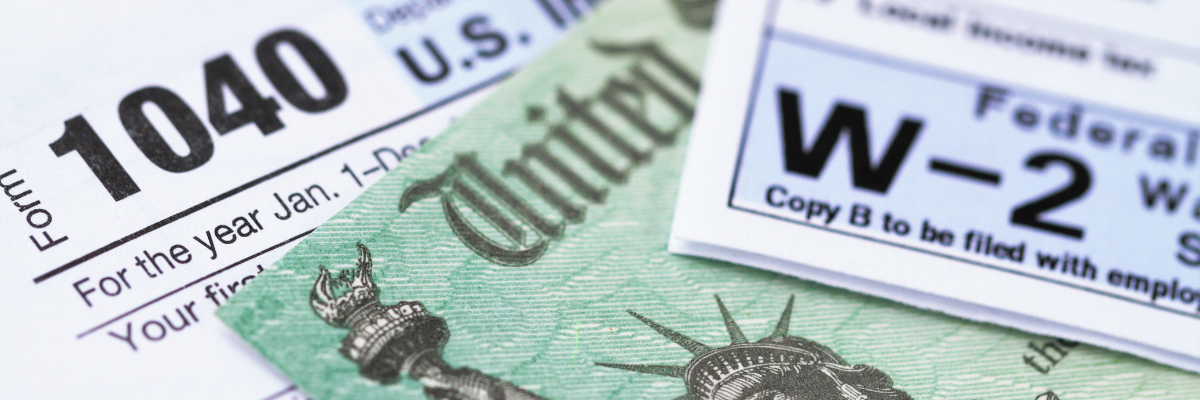
April Fools' Day is often the perfect opportunity for some lighthearted fun at the office. Whether it's a harmless prank, a funny email, or a playful desk setup, these moments of levity can help break up the monotony of the workday and bring smiles to your team. However, as many HR professionals know, it’s essential to strike a balance between fun and professionalism.
While the intention behind pranks is typically harmless, they can sometimes cross boundaries and lead to uncomfortable situations, or worse, legal risks. Recently, an example came to light where one employee thought it would be funny to place a suggestive image on a coworker's desk. The issue arose when another employee saw the image and was offended, leading to a formal complaint. This scenario highlights the importance of knowing where to draw the line between lighthearted fun and inappropriate behavior.
A Fine Line: When Fun Turns into Harassment
Even if a prank isn't directly targeted at the offended person, it can still create a hostile work environment, especially if it makes someone uncomfortable. As an employer, it's crucial to ensure that your workplace remains respectful and free from harassment. If a prank results in a complaint, it's essential to follow your company's policies to investigate and address the situation. Proper documentation of your investigation and the actions taken is vital to demonstrate that you've fulfilled your obligations as an employer and to protect the organization in case of any future disputes.
Setting Clear Expectations
To avoid similar issues in the future, it's a good idea to review and clarify your company's stance on pranks and personal conduct in the workplace. Setting expectations starts with having a clear written policy that outlines what is and isn’t acceptable behavior, especially regarding pranks. Consider creating a set of guidelines that all employees can refer to, and be sure these expectations are communicated effectively to everyone.
Here are a few tips to guide you:
- Establish a Formal Policy: Clearly define the boundaries of acceptable humor in your workplace. The policy should cover both pranks and jokes, specifying that while fun is encouraged, it should not come at the expense of respect, inclusion, or professionalism.
- Communicate Expectations Clearly: Include these guidelines in your employee handbooks or conduct policies, and ensure they’re reviewed during onboarding. Hold periodic team meetings to remind everyone about the importance of maintaining a respectful environment and reinforcing your stance on pranks.
- Set the Tone from Leadership: Managers and leaders should set an example when it comes to humor in the workplace. They should demonstrate the type of jokes or pranks that are acceptable and ensure their actions align with company policy. Employees are more likely to follow suit when they see their leaders taking these matters seriously.
- Encourage Open Communication: Foster a culture where employees feel comfortable speaking up if they feel a joke or prank crosses the line. Providing a safe outlet to discuss concerns without fear of retribution will help create an open, transparent environment where everyone feels heard.
Categories of Pranks and Jokes That Cross the Line
While there’s no one-size-fits-all approach, there are certain categories of pranks and jokes that should generally be off limits in the workplace. These pranks have the potential to cause harm, create discomfort, or violate company policies. By categorizing these behaviors, you can help employees better understand where to draw the line.
- Sexual or Gender-Based Humor: Avoid pranks with suggestive content, gestures, or language that can create a hostile work environment or be considered harassment.
- Discriminatory Jokes: Refrain from jokes targeting someone's race, religion, gender, sexual orientation, or other protected characteristics, as they can be harmful and illegal.
- Invasive Pranks: Don’t tamper with personal belongings or invade others' personal space, as this undermines comfort and respect.
- Work Disruptions: Pranks that interfere with productivity or damage equipment should be avoided, as they can hurt overall efficiency.
- Aggressive or Harmful Pranks: Any prank that causes physical harm or emotional distress, including pranks involving physical touch or intimidation, is off-limits.
Creating a Culture of Respect and Fun
The key to managing pranks and other fun activities is to cultivate a workplace culture where employees feel comfortable, respected, and empowered. Rather than banning all pranks, focus on fostering a professional environment where employees understand the line between harmless fun and actions that could potentially harm or offend others. Encourage employees to engage in team-building activities and moments of levity that unite them in a positive and inclusive way, without crossing into territory that could lead to complaints or workplace tensions.
As April Fools' Day passes, it’s important to remember that while pranks can provide a bit of comic relief, they should never come at the expense of respect or professionalism. By setting clear boundaries, encouraging open communication, and ensuring all employees understand your policies, you can create a workplace where everyone feels comfortable—whether they're laughing at a harmless joke or focusing on their next big project. Have fun in the workplace—but always ensure that a good laugh never comes at the expense of respect or professionalism!
Sign up for our newsletter.




